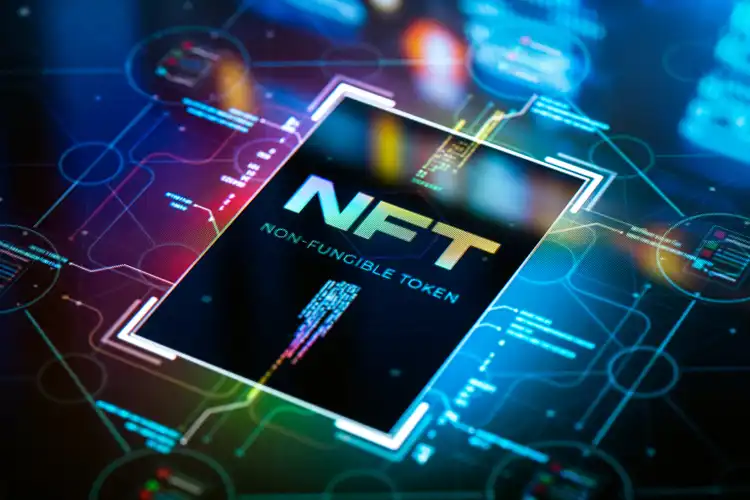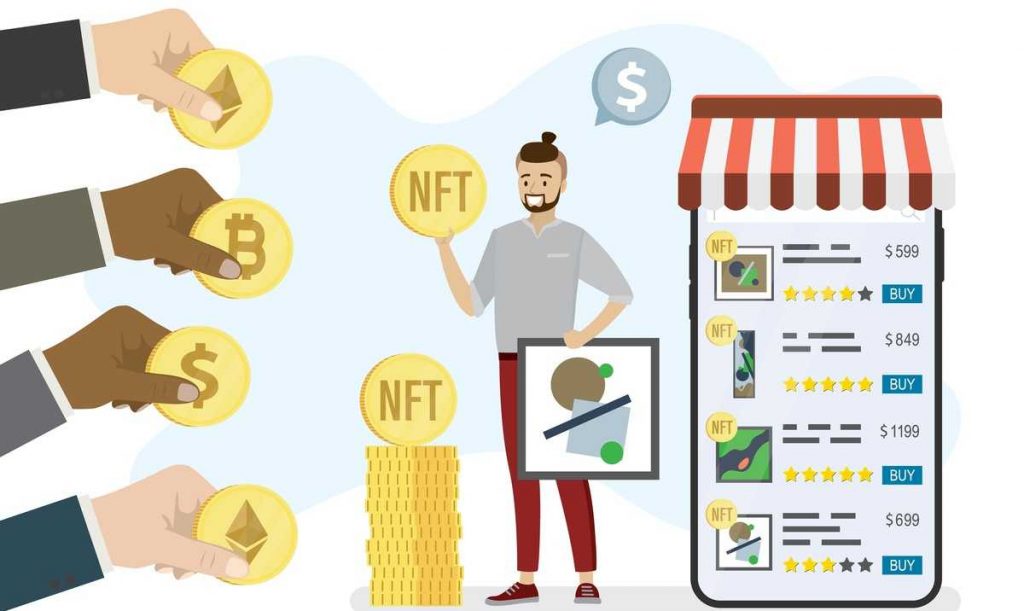NFTs and Sports Betting: A New Frontier in the World of Betting
Non-fungible tokens (NFTs) have taken the world by storm, revolutionizing the way we interact with digital assets, especially in the art and collectibles space. While NFTs have already begun to make their mark in the sports industry, the idea of combining NFTs with sports betting is still in its infancy. This article explores the possibility of integrating NFTs into sports betting and the potential benefits and challenges that may arise.
NFTs and Sports Betting: What’s the Connection?
NFTs are unique digital tokens that represent ownership of a particular asset or item. Their non-fungible nature means that each NFT has a distinct value, unlike cryptocurrencies like Bitcoin, which are fungible and have an equivalent value. NFTs have already made a significant impact on the sports world, with digital collectibles, player cards, and even virtual tickets being minted as NFTs.
Sports betting, on the other hand, is a popular form of gambling where bettors place wagers on the outcomes of various sports events. The integration of NFTs into sports betting could open up new opportunities and avenues for both industries.
Potential Benefits of Integrating NFTs and Sports Betting
- Unique Betting Markets: NFTs can be used to create exclusive betting markets, where bettors can wager on the value of specific NFTs, such as limited-edition digital collectibles or player cards. These markets could provide unique and exciting opportunities for bettors and collectors alike.
- Enhanced Betting Experience: NFTs can be used to reward bettors with exclusive collectibles or memorabilia based on their betting activity. This could provide an added incentive for bettors to engage with a particular sportsbook, enhancing their overall betting experience.
- Increased Security and Transparency: The blockchain technology underlying NFTs provides a secure and transparent platform for conducting transactions. By integrating NFTs with sports betting, bettors can enjoy increased trust in the betting process and the assurance that their wagers are recorded on a tamper-proof ledger.
Challenges and Considerations
- Regulatory Concerns: The integration of NFTs with sports betting may raise regulatory concerns in some jurisdictions, as it could blur the lines between betting and trading digital assets. Authorities may need to adapt their regulatory frameworks to accommodate this new form of betting.
- Market Volatility: The value of NFTs can be highly volatile, and this may pose a challenge for top bookmakers and bettors alike. Sportsbooks will need to establish mechanisms to manage the risks associated with fluctuating NFT values, while bettors must be prepared to face the potential losses.
- Technological Barriers: The implementation of NFTs in sports betting may require sportsbooks to adopt new technologies and infrastructure, which could be costly and time-consuming. Additionally, bettors may need to familiarize themselves with the intricacies of NFTs and blockchain technology.
NFTs have the potential to revolutionize sports betting by offering unique betting markets, enhancing the betting experience, and increasing security and transparency. However, challenges such as regulatory concerns, market volatility, and technological barriers must be addressed for NFTs to truly integrate with sports betting. As the worlds of NFTs and sports betting continue to evolve, it remains to be seen how this potential marriage will take shape in the years to come.


